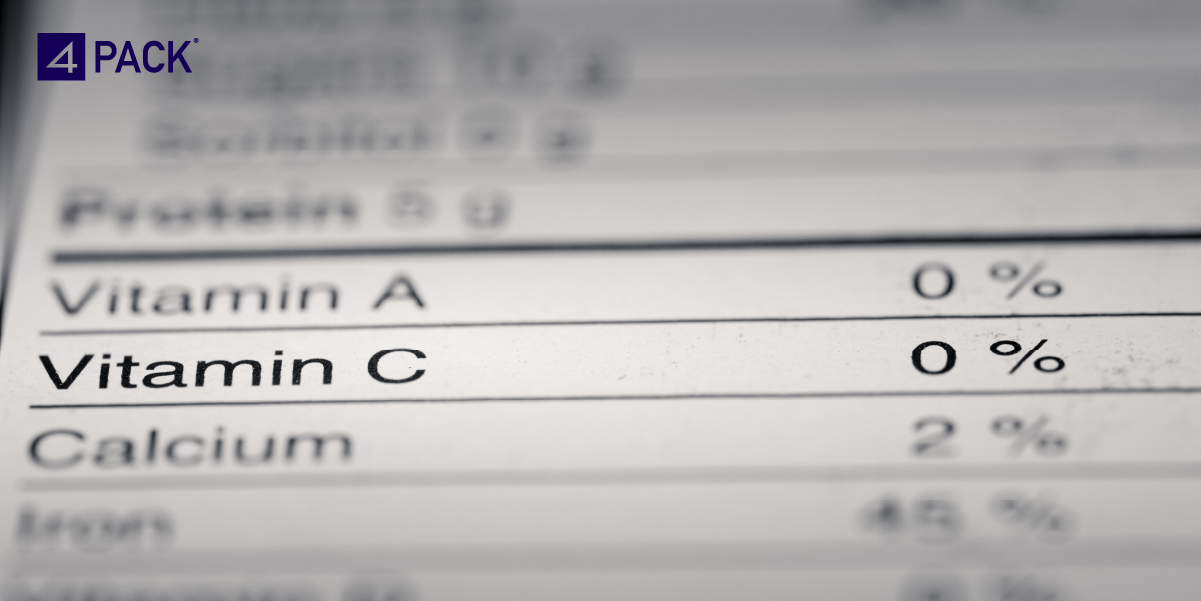With mounting concerns about environmental sustainability, governments worldwide are implementing stringent regulations to tackle the problem. In the United Kingdom (UK), packaging waste regulations play a pivotal role in shaping businesses’ practices and environmental stewardship. Understanding these regulations and effectively managing compliance is essential for companies operating in this space.
Introduction to Packaging Waste Regulations
Understanding the Importance of Packaging Waste Regulations
Packaging waste regulations are designed to address the environmental impact of excessive packaging and promote sustainable practices within industries. By setting targets for recycling and recovery, these regulations aim to minimise the amount of packaging waste ending up in landfills or polluting natural ecosystems.
Overview of UK Packaging Regulations
In the UK, packaging waste regulations are governed primarily by the Packaging Waste Regulations 2007, as amended in 2018. These regulations place responsibilities on businesses involved in the production, use, or disposal of packaging to ensure compliance with recycling and recovery targets set by the government.
The Evolution of Packaging Waste Regulations
Historical Context
The journey towards effective packaging waste regulations in the UK has been marked by a gradual evolution. Initially introduced in response to growing environmental concerns, these regulations have undergone revisions to adapt to changing consumption patterns and technological advancements.
Current Landscape
Today, the UK packaging waste regulations are more comprehensive than ever, encompassing diverse industries and materials. With a focus on reducing waste generation and promoting circular economy principles, these regulations are instrumental in shaping sustainable business practices.
Challenges Faced by Businesses
Compliance Complexity
One of the primary challenges businesses encounter is navigating the complex landscape of packaging waste regulations. With varying requirements for different materials and products, ensuring compliance can be a daunting task, particularly for small and medium-sized enterprises (SMEs).
Environmental Impact
Failure to comply with packaging waste regulations not only poses legal risks but also has significant environmental consequences. Improperly managed packaging waste can contribute to pollution, habitat destruction, and climate change, underscoring the urgency of effective compliance measures.
Cost Implications
Complying with packaging waste regulations often entails additional costs for businesses, including investments in recycling infrastructure, waste management systems, and compliance monitoring. However, non-compliance can result in fines, reputational damage, and lost business opportunities, making proactive compliance a prudent investment.
Navigating UK Packaging Regulations
Key Requirements
Reporting Obligations
Businesses subject to packaging waste regulations must accurately report their packaging usage, recycling, and recovery data to regulatory authorities. This entails keeping detailed records of packaging materials, quantities, and disposal methods to demonstrate compliance with targets.
Material Specific Guidelines
Different packaging materials, such as plastics, paper, glass, and metals, have unique recycling and recovery requirements. Understanding the specific guidelines for each material is essential for ensuring compliance and minimising environmental impact.
Packaging Recovery Targets
The UK government sets annual recycling and recovery targets for packaging waste, which businesses must meet to avoid penalties. These targets incentivise the adoption of sustainable packaging practices and promote resource conservation throughout the supply chain.
Regulatory Bodies and Their Roles
Environment Agency
The Environment Agency is responsible for enforcing packaging waste regulations in England, overseeing compliance, issuing permits, and imposing penalties for non-compliance. They provide guidance and support to businesses seeking to understand and meet their regulatory obligations.
DEFRA (Department for Environment, Food & Rural Affairs)
DEFRA plays a key role in developing and implementing environmental policies, including packaging waste regulations, in coordination with other government agencies and stakeholders. Their efforts focus on promoting sustainable resource management and minimising environmental harm.
Local Authorities
Local authorities play a crucial role in enforcing packaging waste regulations at the regional level, working closely with businesses to ensure compliance and promoting community engagement in recycling and waste reduction initiatives.
Compliance Strategies
Internal Auditing Processes
Implementing robust internal auditing processes is essential for monitoring packaging waste generation, recycling practices, and compliance with regulatory requirements. Regular audits help identify areas for improvement and demonstrate a commitment to sustainability.
Collaborative Approaches
Collaborating with suppliers, customers, and industry partners can facilitate compliance with packaging waste regulations by sharing best practices, pooling resources, and collectively addressing challenges. Collaboration fosters innovation and collective action towards achieving shared sustainability goals.
The Role of Data in Compliance
Importance of Data Management
Effective compliance with packaging waste regulations relies heavily on accurate data collection, analysis, and reporting. By maintaining comprehensive records of packaging usage, recycling rates, and recovery efforts, businesses can demonstrate transparency and accountability to regulatory authorities.
Leveraging Technology for Data Tracking
Advancements in technology, such as data management software and IoT-enabled sensors, offer innovative solutions for tracking packaging waste throughout the supply chain. These tools enable real-time monitoring, data analysis, and predictive insights, empowering businesses to optimise their waste management strategies.
Real-Time Monitoring Solutions
Real-time monitoring solutions allow businesses to track packaging waste generation, collection, and disposal activities in real-time, providing visibility into compliance status and performance metrics. By proactively identifying deviations from targets or regulations, businesses can take corrective actions to mitigate risks and improve sustainability outcomes.
Benefits of Data-Driven Compliance
Efficiency Improvements
By leveraging data-driven insights, businesses can identify inefficiencies in packaging design, production processes, and waste management practices. Optimising resource usage, streamlining operations, and minimising waste generation can lead to significant cost savings and environmental benefits.
Cost Reductions
Effective compliance with packaging waste regulations can result in cost reductions through improved resource management, reduced waste disposal expenses, and avoidance of fines or penalties for non-compliance. Investing in sustainable packaging practices and data-driven compliance solutions offers long-term financial benefits and competitive advantages.
Enhanced Sustainability Practices
Embracing data-driven compliance fosters a culture of sustainability within organisations, promoting responsible consumption, waste reduction, and environmental stewardship. By aligning business objectives with environmental goals, companies can enhance their reputation, attract environmentally conscious customers, and contribute to a more sustainable future.
Future Trends and Considerations
Anticipated Regulatory Changes
As environmental concerns continue to evolve, regulatory requirements for packaging waste are expected to become more stringent, with an increased focus on circular economy principles, extended producer responsibility, and innovative recycling technologies. Businesses must stay informed and adapt their strategies to comply with emerging regulations.
Innovations in Sustainable Packaging
Advancements in sustainable packaging materials, design techniques, and recycling technologies offer promising opportunities for reducing packaging waste and improving environmental sustainability. By embracing innovative solutions and collaborating with industry stakeholders, businesses can stay ahead of regulatory requirements and consumer expectations.
Data Integration with Circular Economy Initiatives
Integrating data management systems with circular economy initiatives enables businesses to track materials, products, and resources throughout their lifecycle, facilitating closed-loop systems and minimising waste generation. By harnessing the power of data to drive circular economy practices, companies can maximise resource efficiency and minimise environmental impact.
Embracing Data for Regulatory Success
By taking control of their data and leveraging technology-driven solutions, companies can streamline compliance processes, drive operational efficiencies, and achieve their sustainability goals. Embracing data-driven compliance not only ensures regulatory success but also fosters a culture of innovation, resilience, and environmental stewardship in the packaging industry. As we navigate the complexities of a rapidly changing regulatory landscape, the importance of data in shaping sustainable business practices cannot be overstated.
Let’s embrace the power of data to build a more sustainable future for generations to come. Speak to 4Pack today.



